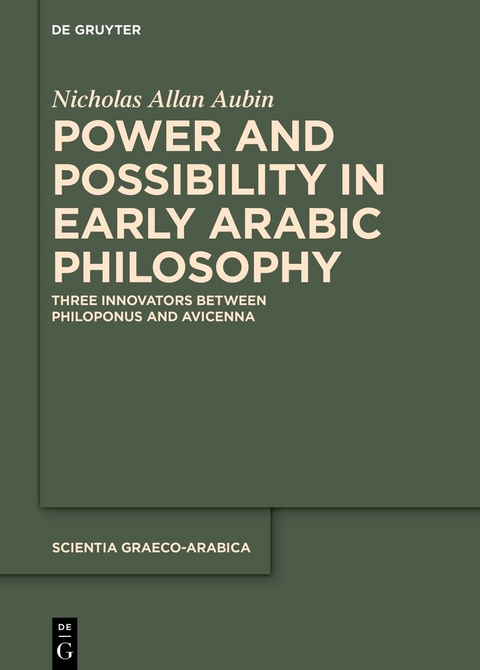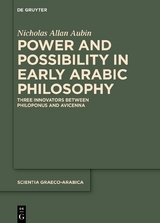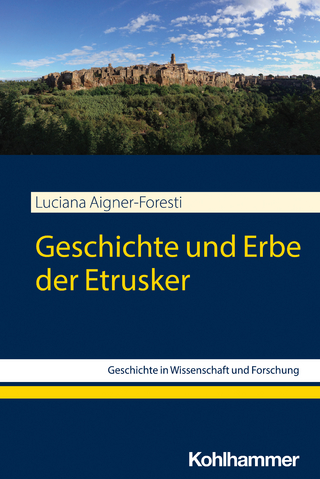Power and Possibility in Early Arabic Philosophy
De Gruyter (Verlag)
978-3-11-132492-0 (ISBN)
"The world is a finite body, and therefore has finite power." John Philoponus is remembered for using this Aristotelian premise to break ranks with Aristotle and argue that the world is not everlasting. This investigation reconsiders Philoponus's arguments from finite power, and then explores the aftermath of this line of thinking in the works of three lesser-known Arabic intellectuals active in the generation before Avicenna (d. 1037): Abu l- ayr Ibn Suwar (d. after 1017), Abu al-Hasan al-Amiri (d. 992), and Abu Sahl al-Masihi (d. after 1025). Each engaged with this dictum in unique and novel ways, and in so doing anticipated a number of central features of Avicenna's writings. The history of this argument is of crucial importance for understanding the evolution of natural philosophy and metaphysics in this formative period, away from tedious and simplistic arguments about creation and towards a more robust modal ontology based on intrinsic and extrinsic necessity.
lt;p> Nicholas Allan Aubin, University of Warwick, Coventry, UK.
| Erscheinungsdatum | 18.12.2023 |
|---|---|
| Reihe/Serie | Scientia Graeco-Arabica ; 37 |
| Verlagsort | Berlin/Boston |
| Sprache | englisch |
| Maße | 170 x 240 mm |
| Gewicht | 618 g |
| Themenwelt | Literatur ► Klassiker / Moderne Klassiker |
| Geschichte ► Allgemeine Geschichte ► Altertum / Antike | |
| Geisteswissenschaften ► Philosophie ► Östliche Philosophie | |
| Schlagworte | Beweis • contingency • Demonstration • Epistemologie • Epistemology • Kontingenz • Natural Philosophy • Naturphilosophie |
| ISBN-10 | 3-11-132492-3 / 3111324923 |
| ISBN-13 | 978-3-11-132492-0 / 9783111324920 |
| Zustand | Neuware |
| Informationen gemäß Produktsicherheitsverordnung (GPSR) | |
| Haben Sie eine Frage zum Produkt? |
aus dem Bereich




